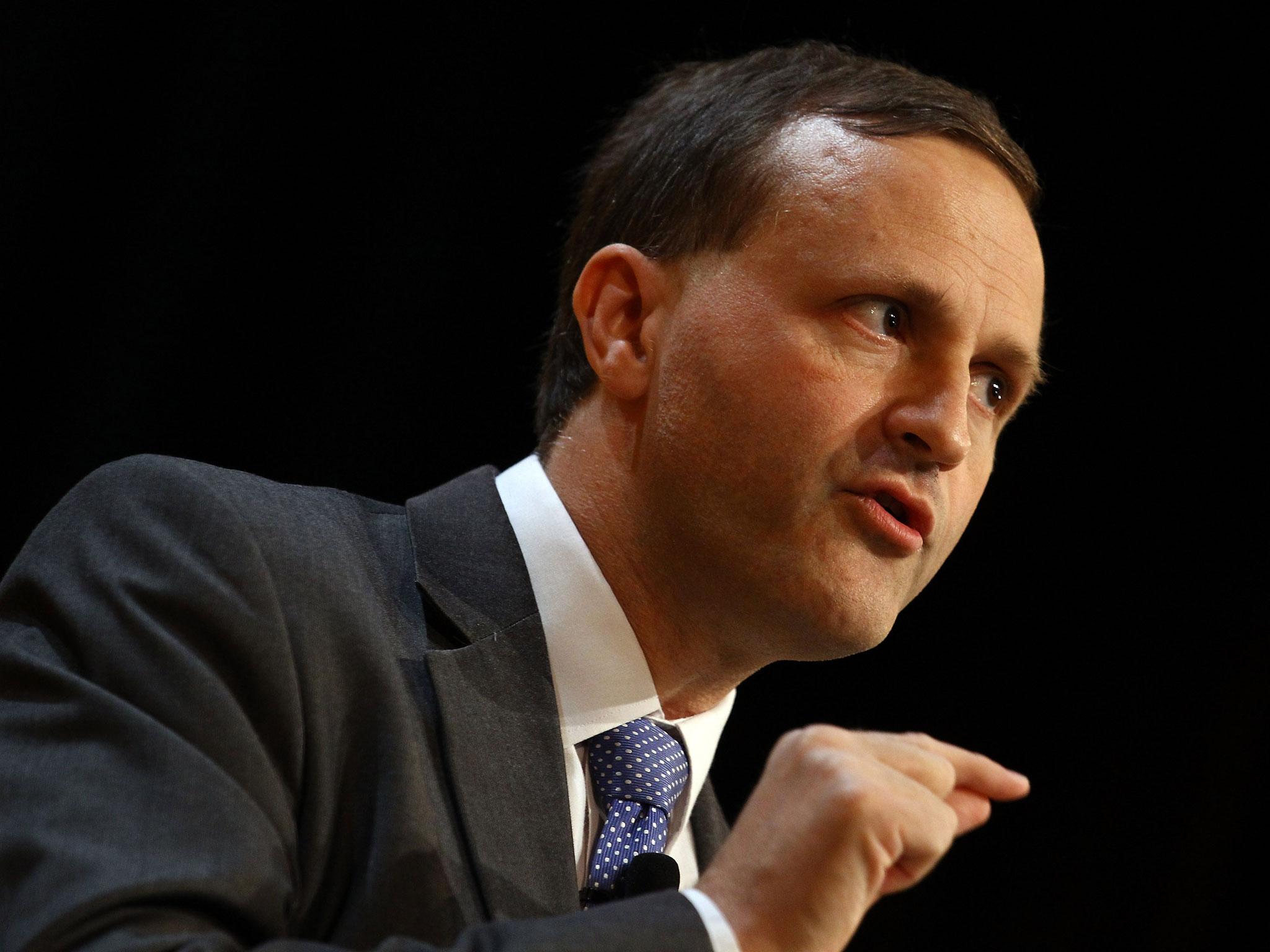Former minister calls for calm over record plunge in UK household savings ratio
Sir Steve Webb, who served as pensions minister under the Coalition between 2010 and 2015, argues in a new research paper that the idea that Britain has ‘stopped saving’ is false

A former pensions minister has called for calm over the apparent record plunge in the savings ratio of households.
In the first quarter of 2017, the Office for National Statistics estimated that the savings ratio fell for a sixth successive quarter, hitting a new record low of just 1.7 per cent and exacerbating concern over the heavy reliance of the economy on consumer spending and rising debt.
But Sir Steve Webb, who served as pensions minister under the Coalition between 2010 and 2015, argues in a new research paper that the idea that Britain has “stopped saving” is false.
Sir Steve, who is now director of policy at the asset manager Royal London, points out that the collapse in the saving ratio in the first quarter of 2017 was entirely due to a lump sum income tax payment by households.
And, digging into the national accounts, Sir Steve also shows that most of the steep decline in the ratio – from 7.4 per cent in the first quarter of 2014 to 3.3 in the final quarter of 2016 – was due to a decline in recorded pension saving, rather than households’ spending outstripping income.
All time low
“Most of the recent change in the savings ratio has been about what is happening in the world of pensions and tells us little or nothing about consumer spending habits,” he said.
“Policy-makers need to be incredibly careful about reading too much into a single headline statistic such as the savings ratio when it may be painting a very misleading picture of what is really going on in UK households”.
Of the £8.7bn change in “net pension inflows” over the period, Sir Steve found that £1.9bn was due to employers paying in less to members’ pensions schemes, while £2.9bn was due to weaker growth in the accounting value of members’ investments. About £500m was due to people putting less money into their own pensions.
A large chunk of the deterioration – £3.2bn – was also due to an increase in the amounts coming out of pension funds, which Sir Steve suggested was likely to be a consequence of the “pensions freedoms” reforms he and former Chancellor George Osborne enacted in 2015, which allowed those aged over 55 to access their pension pots early and to opt not to buy an annuity.
However, he stressed that a recent Financial Conduct Authority report on the freedoms had shown that only a quarter of this drawn-down money had been used for current consumption, with the rest mainly invested in special accounts or in cash ISAs or used to pay down debt.
Sir Steve, who lost his seat as a Liberal Democrat MP at the 2015 general election, also noted that accumulated rights in unfunded public sector pension schemes are not included in the national accounts, arguably giving a misleading picture of households’ savings levels.
Teachers, many NHS health workers and civil servants have unfunded schemes, which means that any uplift in the value of their rights is not reflected in the savings ratio.
“It seems quite possible that total saving between the start of 2014 and the end of 2016 would actually have gone up had account been taken of saving into unfunded pensions schemes,” he said
The ONS is currently reviewing how it calculates the household savings ratio, particularly relating to its treatment of dividend income, and its level is expected to be revised upwards later this month.
However, even allowing for these expected revisions, most economists accept that GDP growth has been supported by household spending rising faster than incomes since 2014.
The Treasury’s official forecaster, the Office for Budget Responsibility, has projected the savings ratio (excluding some pension equity adjustments) to steadily decline in to negative territory over the next five years.
Subscribe to Independent Premium to bookmark this article
Want to bookmark your favourite articles and stories to read or reference later? Start your Independent Premium subscription today.

Join our commenting forum
Join thought-provoking conversations, follow other Independent readers and see their replies